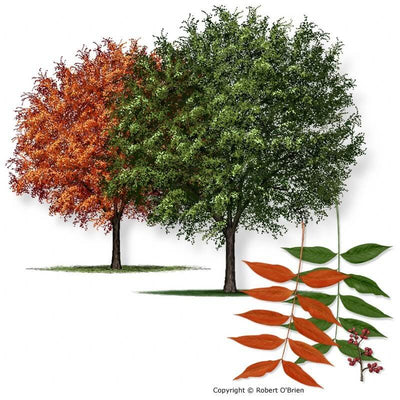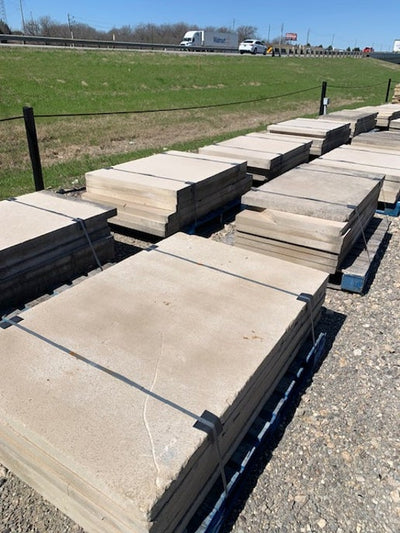Blackberry Kiowa
Blackberry Kiowa
Description: The Kiowa blackberry bush is a deciduous perennial shrub that belongs to the Rubus genus, which includes blackberries and raspberries. It produces long, trailing canes that can reach lengths of 8 to 10 feet (2.4 to 3 meters) or more. The canes are typically erect or semi-erect and are armed with small thorns or prickles. The foliage consists of dark green, serrated leaves that provide a lush backdrop for the berries. Kiowa blackberries are large, firm, and glossy black when ripe, with a sweet, juicy flavor.
Size: Kiowa blackberry bushes are vigorous growers and can form large, dense thickets if left unmanaged. Individual canes can reach heights of 4 to 6 feet (1.2 to 1.8 meters), while the entire bush can spread several feet wide. Proper pruning and training are important for managing the size and shape of the bush, as well as promoting fruit production.
Growing Zones: Kiowa blackberry bushes are hardy in USDA plant hardiness zones 6 through 9. These zones encompass a range of temperate climates with mild winters and warm, sunny summers. Kiowa blackberries perform best in regions with long, hot growing seasons, as they require ample sunlight and warmth to ripen properly. They are particularly well-suited to the southern United States, where they can thrive and produce abundant fruit.
Soil and Sun Requirements: Kiowa blackberry bushes prefer well-drained, fertile soil with good moisture retention. They perform best in full sun to partial shade, although they produce the most fruit when grown in full sun. Adequate air circulation around the bushes is important for minimizing the risk of fungal diseases such as powdery mildew and botrytis.
Pruning and Maintenance: Proper pruning is essential for managing the growth of Kiowa blackberry bushes and promoting fruit production. Pruning should be done in late winter or early spring while the bushes are still dormant. This helps remove old, diseased, or damaged canes and encourages the growth of new, productive canes. Regular irrigation, especially during dry periods and when fruit is developing, is also important for optimal bush health and berry production.
Pest and Disease Resistance: While Kiowa blackberry bushes are generally relatively resistant to pests and diseases, they may still be susceptible to issues such as aphids, spider mites, and fungal diseases. Regular monitoring and appropriate pest and disease management practices can help mitigate these issues. Additionally, selecting disease-resistant cultivars such as Kiowa can help minimize the risk of problems.



